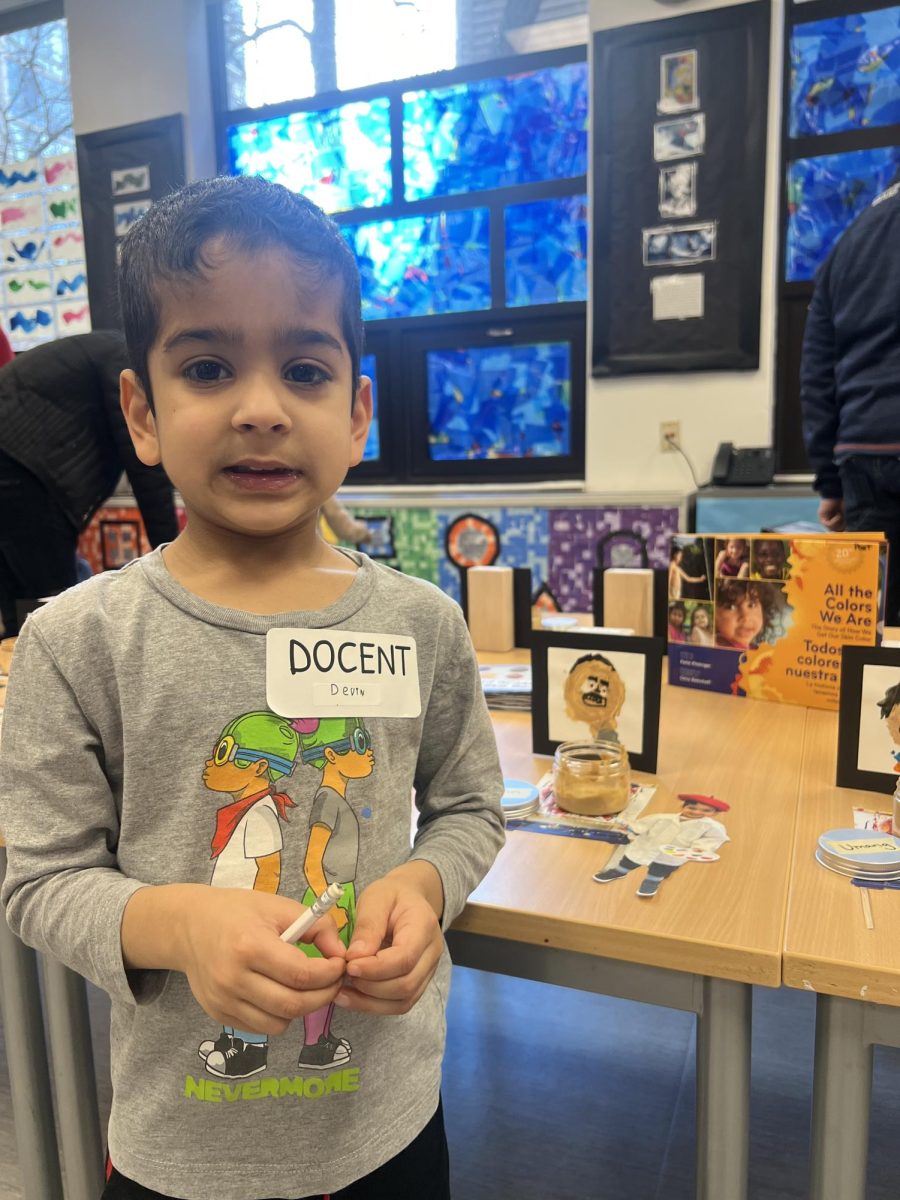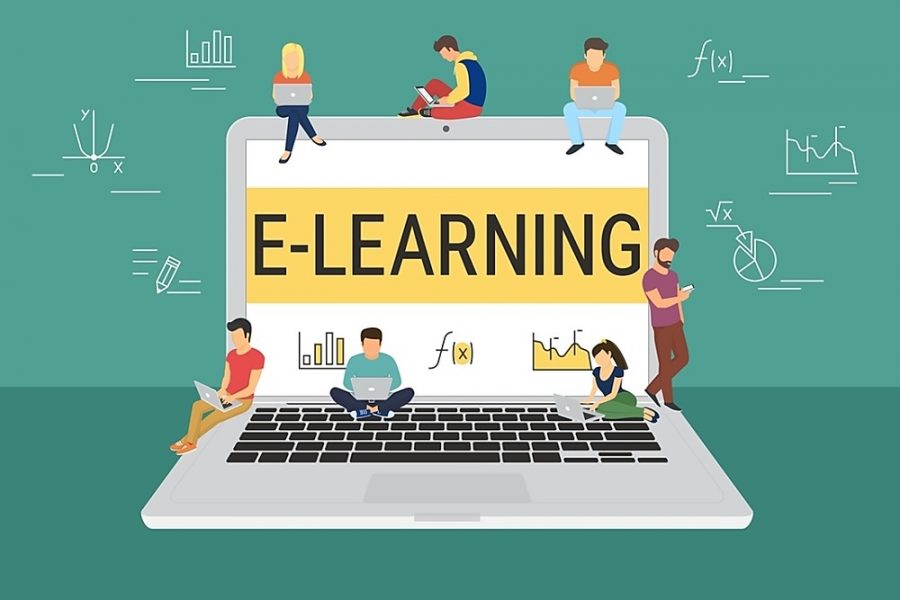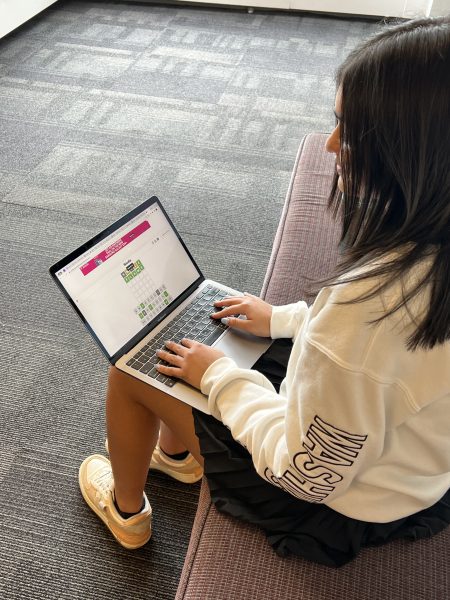Online Learning – How does it impact students?
As the Upper School has passed the two-week mark into the 2020-2021 school year, online learning is in full force, and the Latin community is becoming more accustomed to the new virtual school experience. Although students enjoy sleeping in later and having more flexibility, is the amount of screentime, lack of movement, and lack of social interactions during the day detrimental to students’ mental and physical health?
“I didn’t realize until going into quarantine that social interactions were key to keeping my mental health in check,” said freshman Margaret Townsend, “and as the school year begins, I still feel that loss of social connection: waving to people in the halls, introducing myself to someone new, or collaborating on school work.” Even though she is new to Latin’s Upper School, Margaret shares a similar opinion to many on feeling a lack of social interaction. The New York Times interviewed an assortment of high school students in search of feedback on what school is like without being surrounded by people every day. Students collectively agreed that it’s impossible to maintain a social life virtually.
For high school students, a huge part of the school day is spent collaborating with peers and building friendships. Margot Bettman, a junior, has a similar opinion to Margaret. “In general, online learning has made my mental health slightly worse because I don’t have school to interact with people,” Margot said. “I see my friends at school, and not being able to talk with them in person, sit with them, or hang out with them is really difficult.” Izzy Oberman, also a junior, said, “This school year has definitely made me more stressed in comparison to my other school years.” On the other hand, sophomore Vanessa Block said, “I have always felt more comfortable working on my computer because of all the features it offers to help organize my material. … My schedule has been more flexible, which makes me feel a sense of productivity as I finish my assignments for the day much earlier.”
The nonexistent social scene isn’t the only thing that students are having a hard time with. The rise in daily screen time has become a big factor in the overall health of the community. “I have been noticing that my eyes have been getting super dry,” said Margot, who also talked about Zoom fatigue. “When I have two or three synchronous classes online, I get very tired.” Izzy agreed, noting, “It is a lot of screen time for anyone.” Izzy went on to say, “I got blue light glasses to help me with headaches from looking at my screen too much.”
High schoolers are not alone in their struggles with eye strain and fatigue from their screens. Harvard Medical School did a study back in 2017 on risks associated with staring at a screen for too long. Harvard states that a common condition associated with screens is called “computer vision syndrome.” The two biggest problems are “dry eyes” from a lack of blinking, and “eye strain,” which comes from looking at the computer for a long time.
Although students are struggling with the amount of daily screen time, the flexibility of their class schedules allows them to continue to have time to engage in physical activities. Students aren’t necessarily getting the steps that they would by going up and down the Upper School stairs all day, but they are able to stay active outside of school.
Margaret said she always has enough time for her physical activities. “I have found that running, playing field hockey, and workout programs help quiet the chaos of this time,” she said. Similarly, Izzy said, “I still play sports outside of school, and I’m still working out, so not much has changed there.” It seems that even though there are a handful of difficulties that come with online learning, students are still able to exercise.
During unusual times like these, no one feels completely acclimated to the new “normal” that is online school. It has been only a couple of weeks and students have already expressed many opinions on their learning experiences. The future is uncertain, so it is hard to know how long students will have to continue to cope with the challenges that come with being remote. However, times continue to change, and progress continues to be made within the Latin community, so this experience may just “zoom” right by.

Lily “Pickle” Coleman (22’) is a senior at Latin and is thrilled to be serving as Media Editor this year. In her time on The Forum staff, Pickle...













































